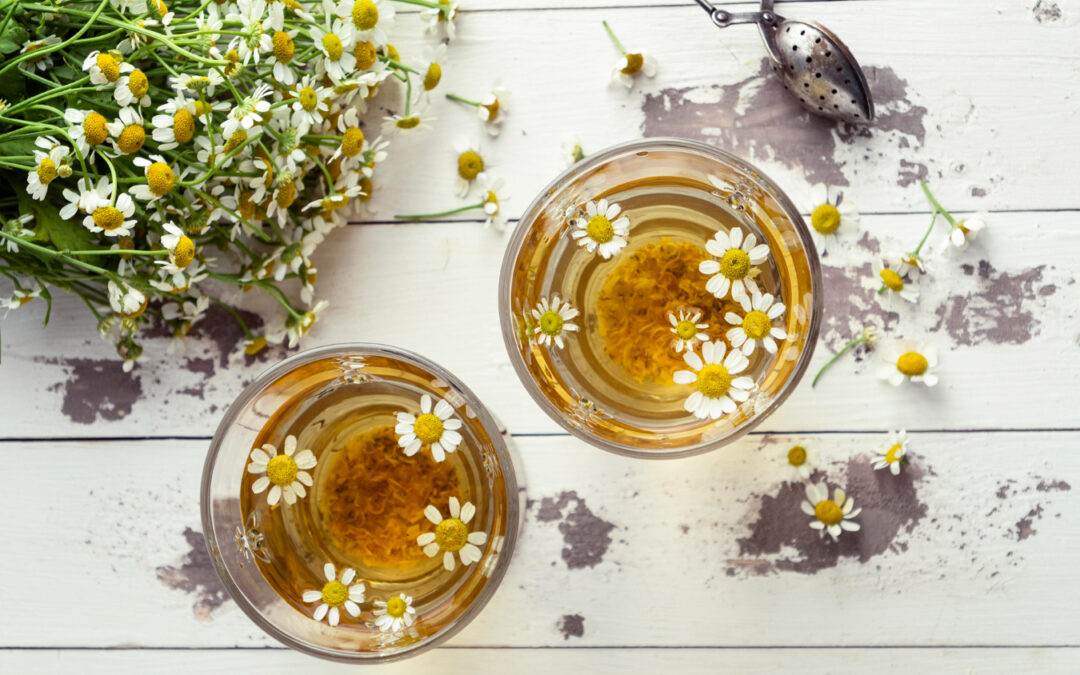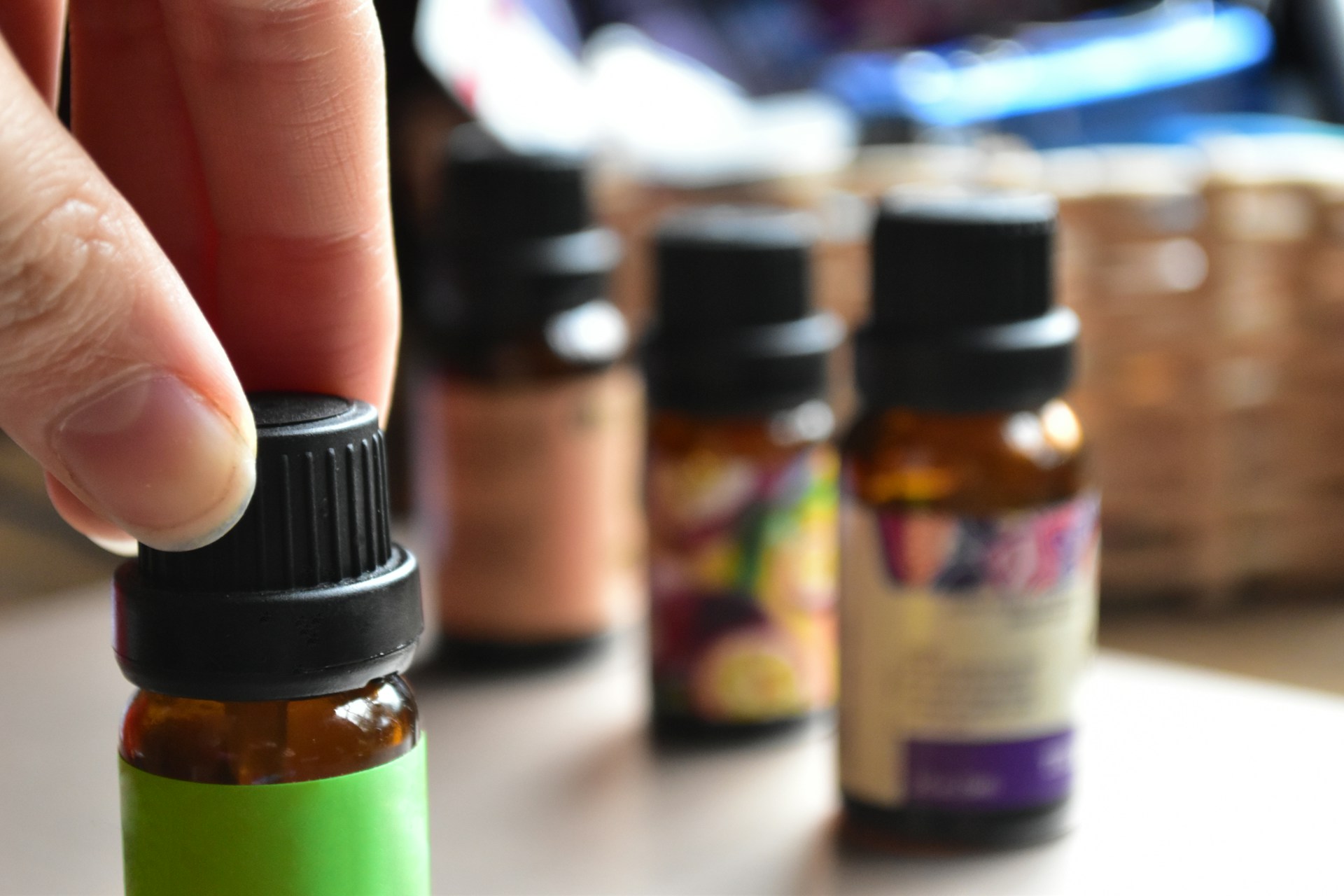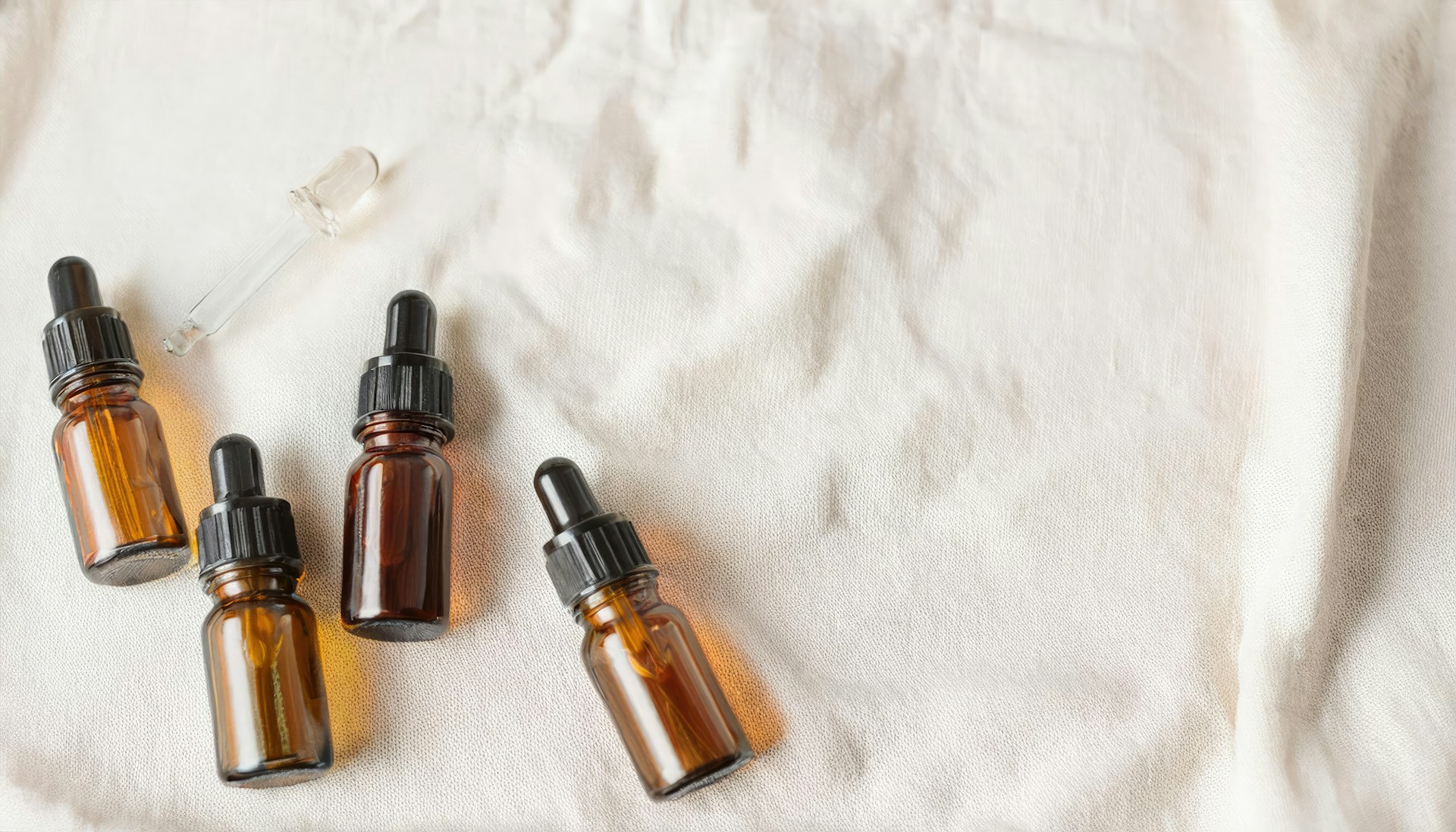Sleep is essential for keeping our minds and bodies healthy. When we get a good night’s sleep, we wake up feeling refreshed and ready to tackle our day. Sleep helps our bodies repair and grow, and it also plays a big role in keeping our immune system strong. However, many people struggle to get enough rest due to common sleep problems like insomnia or restlessness.
Fortunately, using herbs is a natural way to help improve sleep. For centuries, people have turned to herbs for their calming and soothing effects. These natural remedies can make a difference in how quickly you fall asleep and the quality of your rest. By learning how to use these herbs effectively, you can create a peaceful bedtime routine that supports better sleep.
Understanding Sleep and Its Importance
Why Good Sleep Matters
Sleep is when your body and brain have the chance to rest and recharge. During this time, your brain processes information, forming memories and problem-solving more effectively when you wake up. Sleep also supports your body by regulating hormones and repairing tissues. Good sleep even plays a role in maintaining a healthy weight by helping control the hormones that manage hunger and metabolism.
When you sleep well, you benefit from better concentration, mood, and energy levels. Without enough rest, you may feel lethargic, irritable, and less focused. Over time, poor sleep can lead to more serious health issues such as heart problems, weakened immunity, and mental health concerns.
Common Sleep Issues
Many people struggle with sleep issues that can affect their daily lives. Here are some common problems that people face:
1. Insomnia: Difficulty falling or staying asleep can leave you feeling tired and frustrated.
2. Restless Leg Syndrome: This causes an uncontrollable urge to move your legs, often disrupting sleep.
3. Sleep Apnea: This condition involves interrupted breathing during sleep, causing wakefulness and poor-quality rest.
4. Stress and Anxiety: Racing thoughts and worries can make it hard to relax and drift into sleep.
5. Irregular Sleep Patterns: Changes in routine or environment, including shift work, can make sleeping consistently a challenge.
Recognizing these issues is the first step in finding solutions that can lead to better sleep, and herbs provide one of the natural pathways to achieving that.
Popular Herbs for Better Sleep
Valerian Root: A Natural Sleep Aid
Valerian root is a well-known herb used to support healthy sleep. Many people turn to it because it acts as a natural sedative, calming the nervous system. It helps people fall asleep faster and improves the quality of sleep, leading to more restful nights. You can find valerian root in capsules or teas, making it easy to incorporate into your nightly routine.
Chamomile: Calm and Relaxation
Chamomile is often associated with relaxation and tranquility. Known for its soothing effects, it is great for helping you unwind before bed. Chamomile tea is a popular choice because the warm drink can help you relax, making it easier to slip into sleep. It is gentle but effective, perfect for children and adults alike.
Lavender: Soothing Aromatherapy
Lavender is one of the best herbs for creating a calm sleeping environment. Its pleasant scent is used in aromatherapy to promote relaxation and improve sleep quality. You can use lavender essential oil in a diffuser, add it to a warm bath, or sprinkle a few drops on your pillow for a restful night. Its calming effects can ease anxiety and tension, helping you prepare for sleep.
These herbs are easily accessible and simple to use, providing natural options to help improve your sleep patterns. By including them in your bedtime routine, you can create a peaceful transition to a good night’s sleep.
Practical Ways to Use Sleep-Enhancing Herbs
Making Herbal Teas and Tinctures
One of the easiest ways to enjoy the benefits of sleep-enhancing herbs is by preparing herbal teas or tinctures. Herbal teas are not only soothing but also simple to make. You can steep dried herbs like chamomile or valerian root in hot water for about 5 to 10 minutes. Drink it warm just before bedtime to help you relax and unwind.
Tinctures, on the other hand, are more concentrated and can be added to water or juice as needed. To make a tincture, soak herbs in alcohol or vinegar for several weeks. Once ready, just a few drops can provide a potent dose of the herb’s sleep-supporting properties.
Incorporating Herbs into Your Evening Routine
Bringing herbs into your evening routine is another way to enhance your sleep naturally. Start by setting a regular bedtime and including a few calming rituals, such as a foot soak or warm bath with lavender oil. You can also diffuse lavender oil in your bedroom to create a peaceful atmosphere that promotes better rest.
Create a habit of enjoying a warm cup of herbal tea while reading a book or listening to soft music. This ritual prepares your body for relaxation and signals that it’s time to wind down.
Creating a Relaxing Bedroom Atmosphere with Herbs
Transform your bedroom into a tranquil haven with the help of herbs. Place sachets of dried lavender or chamomile under your pillow or hang them near your bed to infuse the air with calming scents. You can even grow potted lavender or other sleep-promoting plants to foster a more peaceful environment.
Consider using herbal-infused candles or bath salts made from relaxing herbs. These additions can enhance your bedtime routine, helping you drift into sleep more naturally and comfortably.
Tips for Safe and Effective Herbal Use
Choosing the Right Herb for Your Needs
Selecting the correct herb for your sleep concerns is vital for effectiveness. Consider if you need help falling asleep, staying asleep, or calming an anxious mind. Herbs like valerian root are excellent for deep sleep, while chamomile is great for relaxation. Lavender suits those who prefer aroma-based relaxation.
It’s wise to research each herb’s properties and choose what aligns best with your sleep goals. Experimenting with different herbs can also help you discover the best combinations that work for you.
Recommended Dosages and Usage Guidelines
Using herbs in the proper dosage ensures safety and effectiveness. Follow package instructions or consult a herbal guide to understand how much to use. Usually, a cup of herbal tea or a few drops of tincture is adequate. It’s crucial to start with smaller amounts and gradually increase as needed.
Make sure to record any changes in your sleep patterns to see what helps most. Consistency is key — regular use over a period of days or weeks can provide the best results.
Precautions and When to Seek Professional Advice
Herbs are generally safe, but it’s important to take precautions. Some herbs can interact with medications or may not be suitable for everyone. Pregnant women, children, and those with health issues should consult a healthcare provider before starting herbal remedies.
If sleep problems persist despite trying herbal solutions, consider seeking professional advice. A healthcare provider can help you explore other remedies or therapies tailored to your needs.
Herbal sleep aids offer a natural approach to better sleep, helping create a soothing routine that encourages restfulness. At MyHerbalRoots, we have a variety of good herbal supplements designed to support your sleep journey. Whether you’re looking for teas, tinctures, or essential oils, our products can help you craft the perfect bedtime ritual. Explore our offerings today and take the first step toward rejuvenating your sleep naturally.














